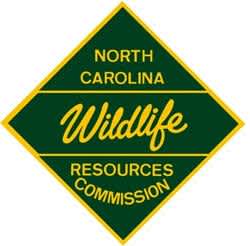North Carolina WRC: Proper Handling of Firearms Prevents Injuries
OutdoorHub 10.18.12

The Home From The Hunt safety campaign of the N.C. Wildlife Resources Commission states that too many hunting injuries come from ignoring basic firearms safety.
“Treat every firearm as if it were loaded and always point the muzzle in a safe direction,” said Travis Casper, state hunter education coordinator. “Don’t rest a barrel on your foot or lean on it — that’s not a safe direction.”
The four basic rules of firearms safety are:
- Always point a firearm in a safe direction.
- Treat every firearm as if it were loaded and never assume a firearm is unloaded.
- Keep your finger out of the trigger guard and off the trigger until ready to shoot.
- Be sure of your target and what is beyond your target.
“Throughout the various hunting seasons, the majority of folks are responsible and safe,” Casper said. “North Carolina has an excellent hunting safety record that improves every year. But it isn’t perfect and we want to eliminate all preventable incidents.”
Firearms safety is taught as a component of hunter education. The N.C. Wildlife Resources Commission provides free hunter education courses throughout the year in every county. Hunter education instructors stress firearms safety in the classes. In addition, the curriculum includes instruction on conservation, wildlife identification, survival and first aid, specialty hunting and tree stand safety.
All first-time license buyers first must complete a hunter education course successfully. There are no minimum age requirements; however, classes are taught at an eighth-grade level and tests must be completed without assistance. Courses are a minimum of 10 hours. They are taught by wildlife officers, hunter education specialists and certified volunteer instructors. Hunter education certification is accepted in every state and province in North America.
Go to www.ncwildlife.org to find a course schedule or call 919-707-0031 for more information.

